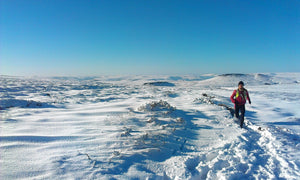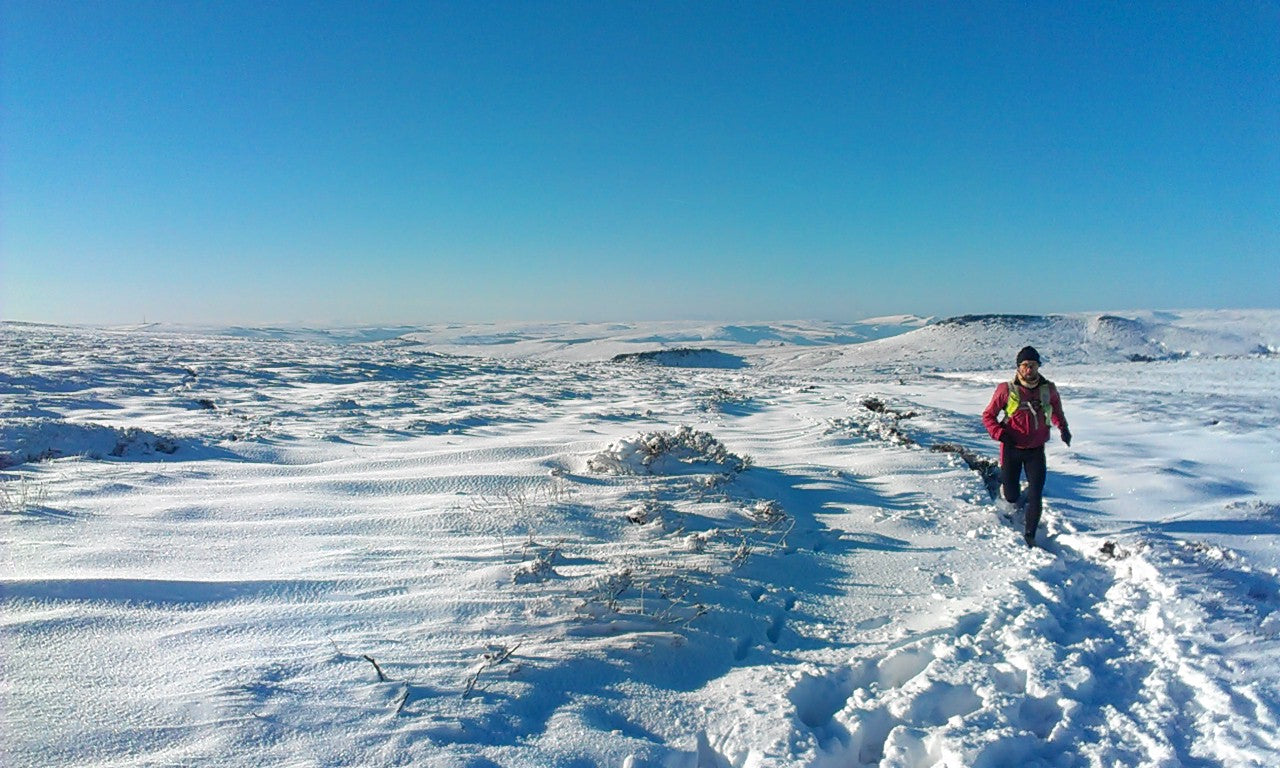Winter Dehydration: You can get dehydrated in cold weather!
November 28, 2017

WINTER DEHYDRATION:
Winter isn’t over yet, so here’s a reminder: You can get dehydrated in cold weather. And it isn’t always easy to hydrate, especially when you’re on a mission. If you’re active outside for less than 2 hours, it isn’t likely to be a problem. But if you’re out in the cold for hours or even days for a field deployment, the combination of heavy clothing and high-intensity exercise can lead to sweating, which contributes to dehydration.
You might not even feel as thirsty in cold weather as in the heat, because your cold-weather body chemistry could affect your brain’s ability to tell you when you need liquid. Cold weather also tends to move body fluids from your extremities to your core, increasing your urine output and adding to dehydration.
So when you’re in a cold climate, don’t rely on thirst to tell you when you need to drink. Drink often and before you’re thirsty. One way to determine your hydration status is to check the color and volume of your urine. (Snow makes a good test spot.) Dark, scanty urine indicates dehydration. Ideally, urine should be light yellow.
Water and CeraSport/CeraLyte are the best fluids to maintain hydration, even in cold weather conditions. Carbonated and caffeinated beverages (including energy drinks) have a dehydrating effect because they increase urine flow. Also avoid consuming alcohol in cold weather. It might make you feel warm initially, but it can reduce your body’s ability to retain heat.
Enjoy exercising in the cold weather, but be sure to keep your water bottle in tow.
References
https://www.hprc-online.org/articles/winter-dehydration
Kavouras, S. A. (2002). Assessing hydration status. Current Opinion in Clinical Nutrition and Metabolic Care, 5(5), 519–524. doi:10.1097/00075197-200209000-00010
Snell, P. G., Stray-Gundersen, J., Levine, B. D., Hawkins, M. N., & Raven, P. B. (2007). Maximal oxygen uptake as a parametric measure of cardiorespiratory capacity. Medicine & Science in Sports & Exercise, 39(1), 103–107. doi:10.1249/01.mss.0000241641.75101.64
Share:
Leave a comment
Comments will be approved before showing up.




